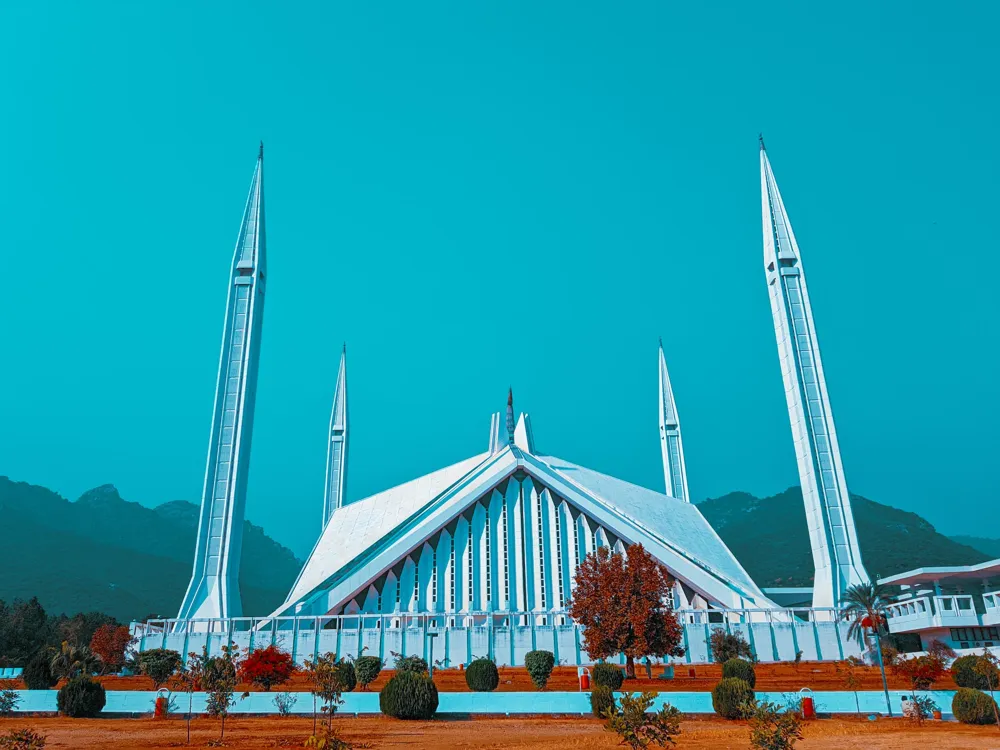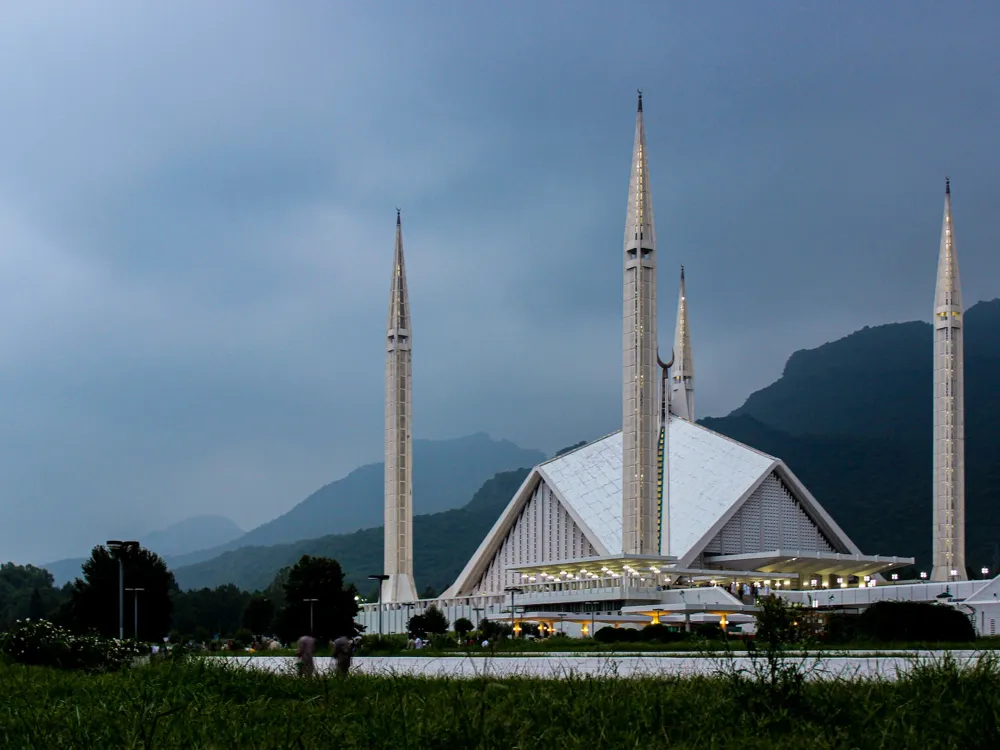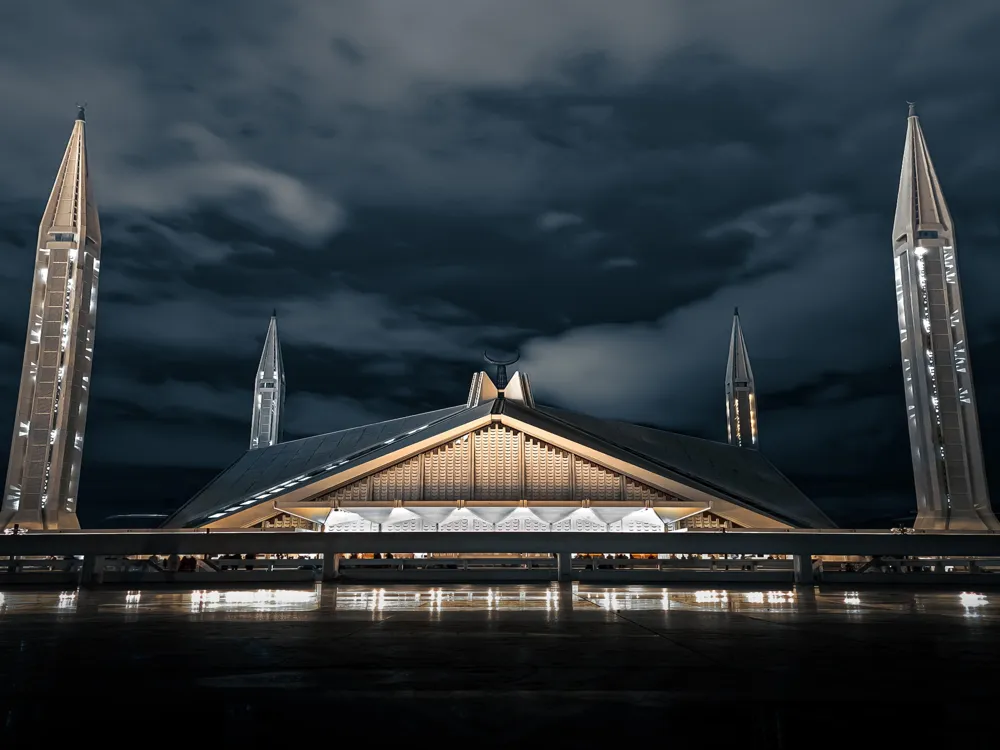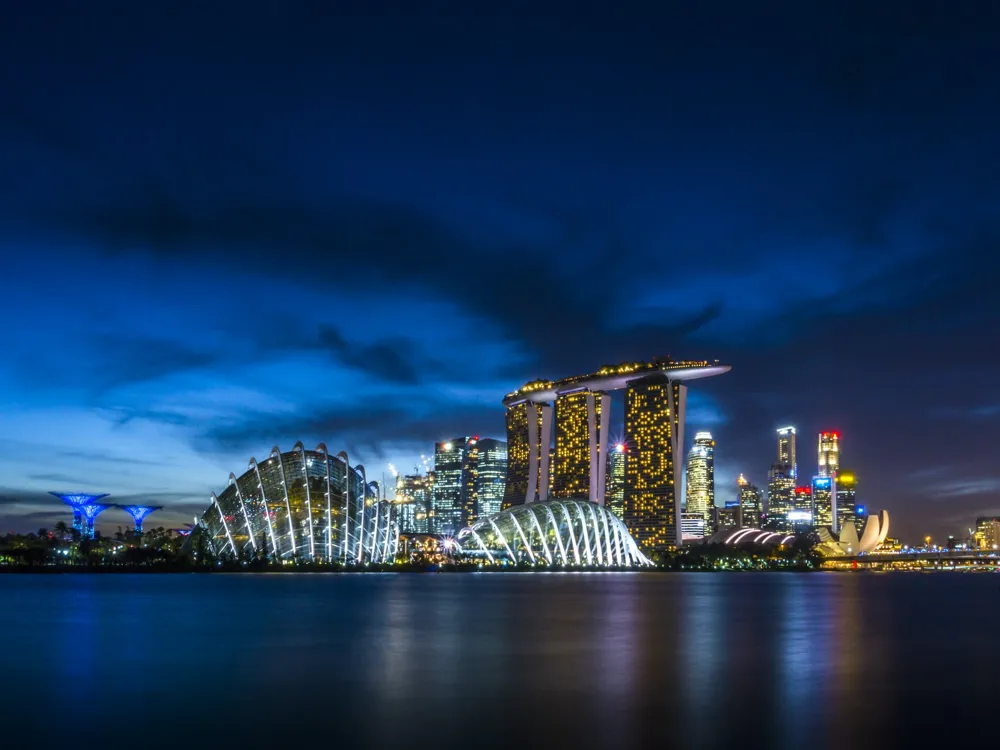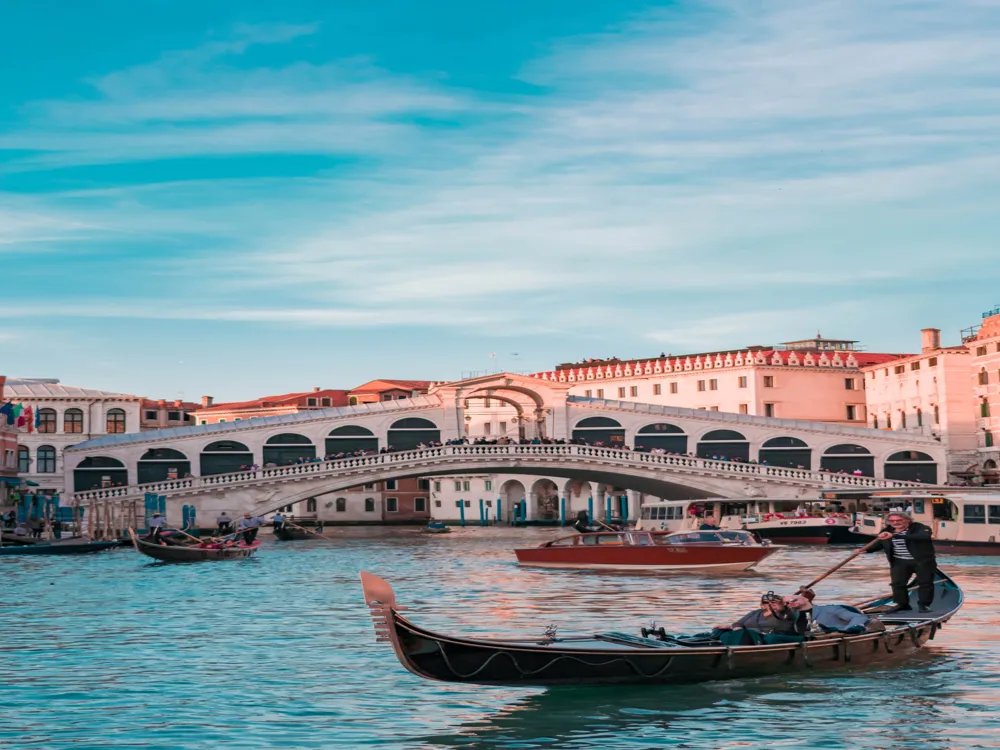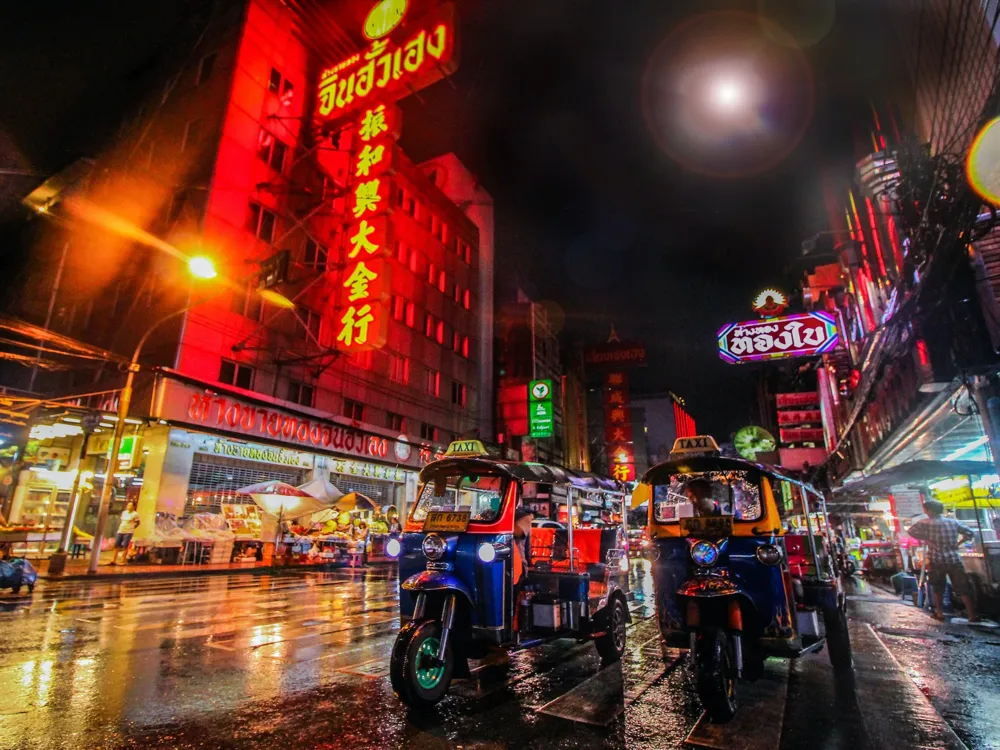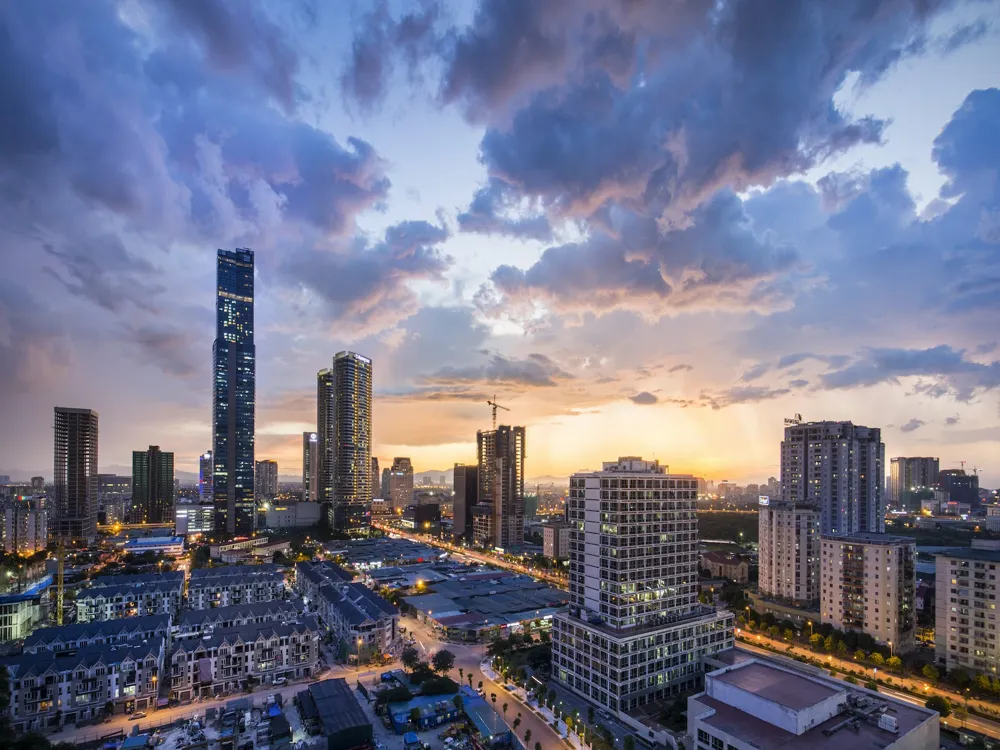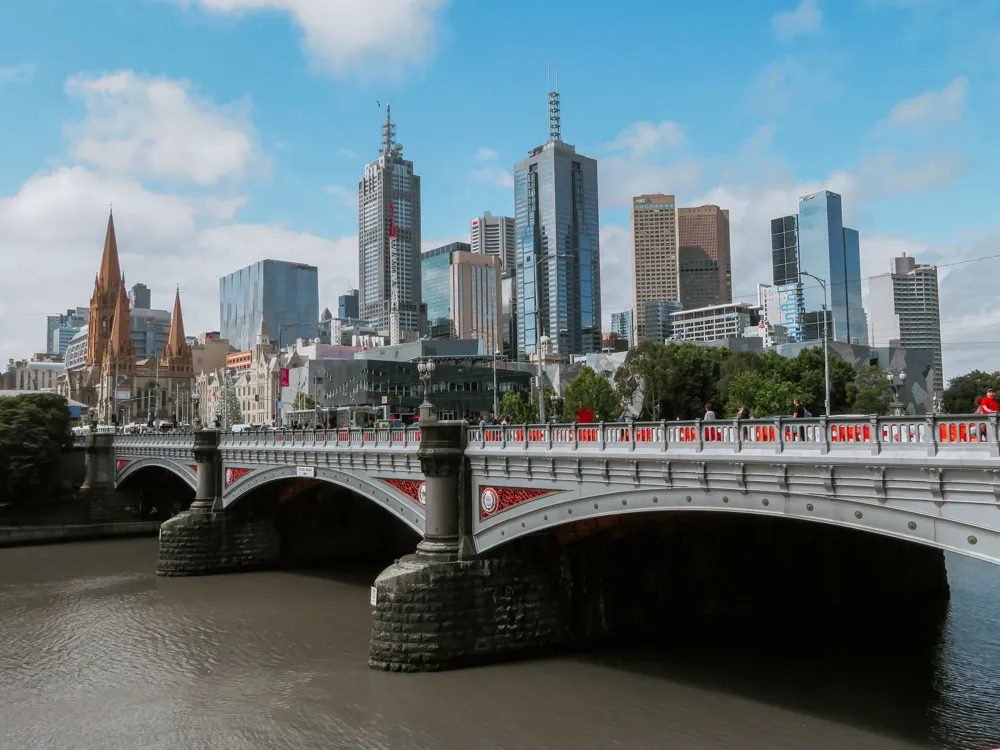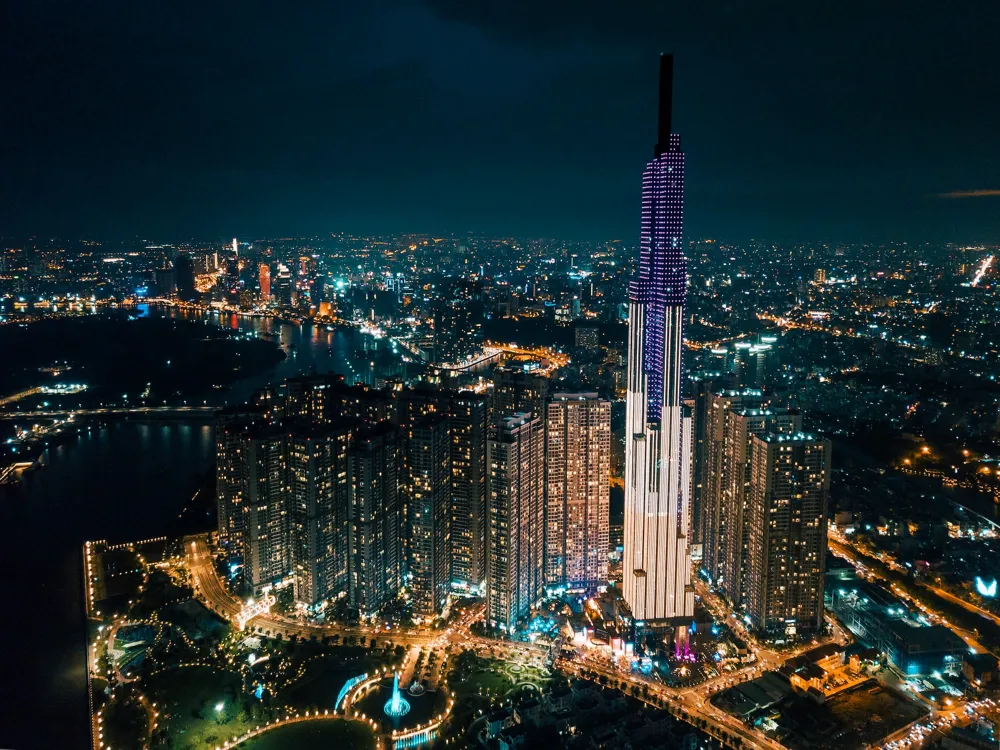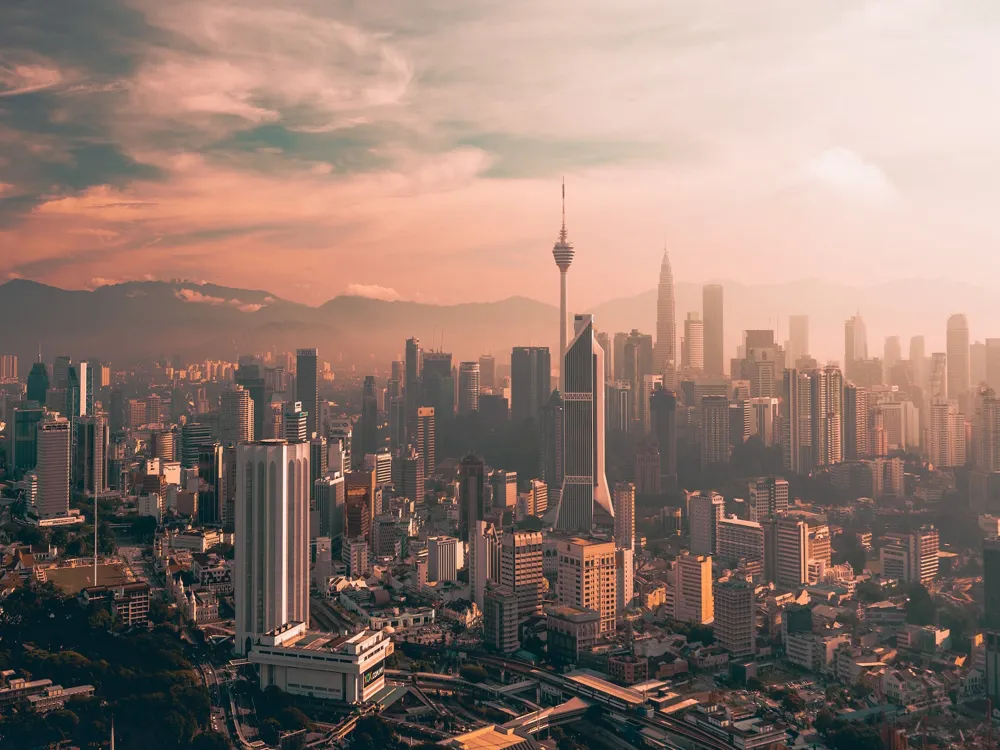Best Time to Visit Islamabad
Pakistan
Sub-Region: Islamabad Capital TerritoryNaN onwards View Packages
Get Customized PackagesThe Land of Diversity
Top Hotel Collections

Private Pool

Luxury Hotels

5-Star Hotels

Pet Friendly
What is the Best Time to Visit Islamabad?
When planning a trip to Islamabad, the timing of your visit can significantly impact your experience. Choosing the best time to explore this vibrant city nestled in the heart of Pakistan is crucial for a memorable and enjoyable stay. Let's delve into the intricacies of Islamabad's diverse seasons to help you make an informed decision.
More about Best Time to Travel to Islamabad
Travel Peak Season in Islamabad
The peak season in Islamabad is undoubtedly during the spring, from March to May. During this time, the weather is mild, and the cityscape comes alive with vibrant colors as flowers bloom across the city's numerous parks. Tourists flock to Islamabad to witness the breathtaking beauty of the Margalla Hills in full bloom, offering an unforgettable backdrop to their adventures.
Travel Offseason in Islamabad
Contrary to the peak season, the offseason in Islamabad, which spans from June to August, presents a unique charm. While the temperatures rise, the city experiences fewer crowds, making it an ideal time for travelers seeking a more tranquil experience. The lush greenery persists despite the occasional rain showers, creating a refreshing atmosphere that adds to the city's allure.
Islamabad Travel Packages
View All Packages For Islamabad
Islamabad in Shoulder Season
Shoulder seasons in Islamabad, typically during spring and fall, boast a climate that's neither too hot nor too cold. The mild temperatures create an ideal atmosphere for exploring the city's outdoor wonders. Imagine strolling through the vibrant Faisal Mosque gardens or enjoying a serene picnic by Rawal Lake without the discomfort of extreme temperatures.
Islamabad in Hot Season
The hot season in Islamabad, spanning from September to October, offers a transitional period where the temperatures start to cool, and the city prepares for the upcoming winter. This season provides a balance between the vibrant blooms of spring and the tranquility of the offseason, making it an excellent time for those who prefer moderate weather and fewer tourists.
Islamabad in Rainy Season
The rainy season, from November to January, brings a touch of magic to Islamabad. While the temperatures drop, the city is adorned with a refreshing mist, and the landscapes become even more enchanting. The occasional rainfall adds a poetic charm, turning Islamabad into a picturesque destination for those who appreciate the beauty of nature.
Islamabad in Cool Season
Lastly, the cool season, from February to February, showcases Islamabad in its winter glory. Crisp air and clear skies make it an ideal time for outdoor activities. The city's cultural events and festivals during this season further enhance the overall experience, offering a glimpse into the rich heritage of Islamabad.
Places To Visit In Islamabad
Nearby Places Islamabad
Islamabad Photos
View All Photos For IslamabadBrowse Package Collections
Browse Hotel Collections
Faq
Q: When is the best time to visit Islamabad for pleasant weather?
A: The ideal time to experience pleasant weather in Islamabad is during the spring season, from March to May. Temperatures are moderate, and the blooming flowers add to the city's beauty.
Q: Is there a specific month to avoid due to extreme temperatures or weather conditions?
A: It's advisable to avoid visiting Islamabad during the peak of summer, from June to August, as temperatures can soar, making outdoor activities uncomfortable.
Q: What is the monsoon season in Islamabad, and should I plan my visit accordingly?
A: The monsoon season occurs from July to September. While the lush greenery during this time is enchanting, heavy rainfall may disrupt travel plans, so it's essential to plan accordingly.
Q: Are there any festivals or events that make a particular time of the year more vibrant in Islamabad?
A: The spring season, especially April, coincides with the annual Islamabad Flower and Cactus Show, adding vibrant colors and a festive atmosphere to the city.
Q: Can you recommend a time for nature enthusiasts to explore the Margalla Hills National Park?
A: Autumn, from September to November, is an excellent time to visit Margalla Hills National Park. The weather is cool, and the foliage changes, providing a picturesque setting for hiking and nature walks.

